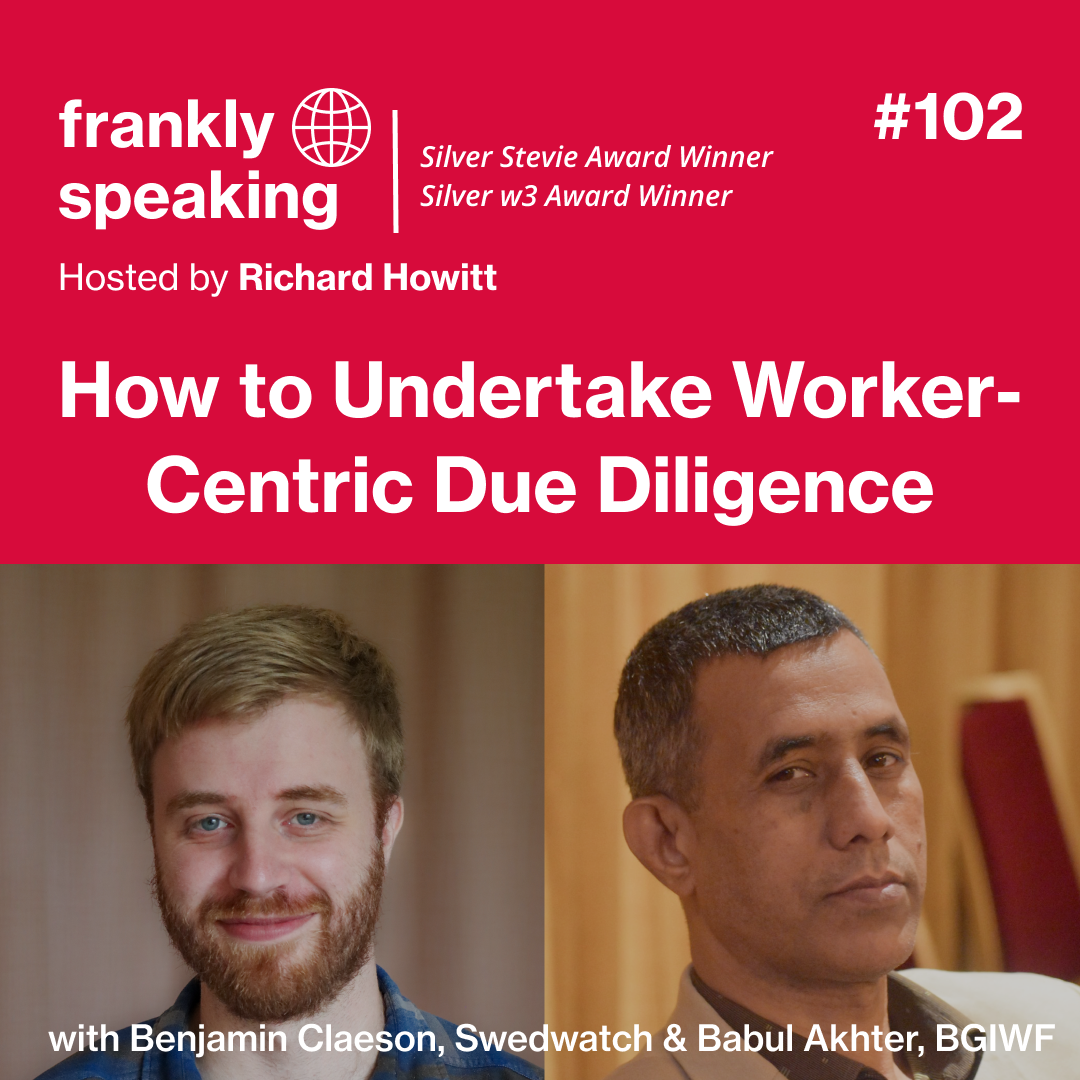Listen to Richard Hardyment, author and head of business engagement at the Institute of Business Ethics

In this week’s episode, Richard Howitt asks: can we believe the numbers on environment, social and governance (ESG)?
To address this, we welcome Richard Hardyment, a research professional, very used to assessing numbers, but who has just produced a book saying that there is little or no evidence that ESG has and has had any positive outcomes for people and the planet in the real world. And yet he calls himself emphatically pro-sustainability. After directing research at the World Benchmarking Alliance, he is now head of business engagement at the Institute of Business Ethics. His new book is called Measuring Good Business: Making Sense of Environmental, Social and Governance (ESG) Data.
In this episode, you’ll hear more about:
“I think all the work that's been going on in standards over the last 20 years really is hugely welcome and important. It's been critical in terms of painting a picture for companies and investors, the direction of travel. It's crucial to provide the language in terms of the frameworks, what we mean by these topics, what does human rights mean, what does climate resilience mean and codifying that. And it's been vital in terms of helping businesses allocate resources and do this in an efficient way. And obviously the upcoming regulations are presenting a challenge on that front.”

.png)

How can we make sustainability governance deliver?


How can worker-centric models of due diligence help to better protect workers and communities worldwide from human rights abuses?
.png)

How did the ESRS simplification process look like from the inside? Listen to Patrick de Cambourg, outgoing chair of EFRAG